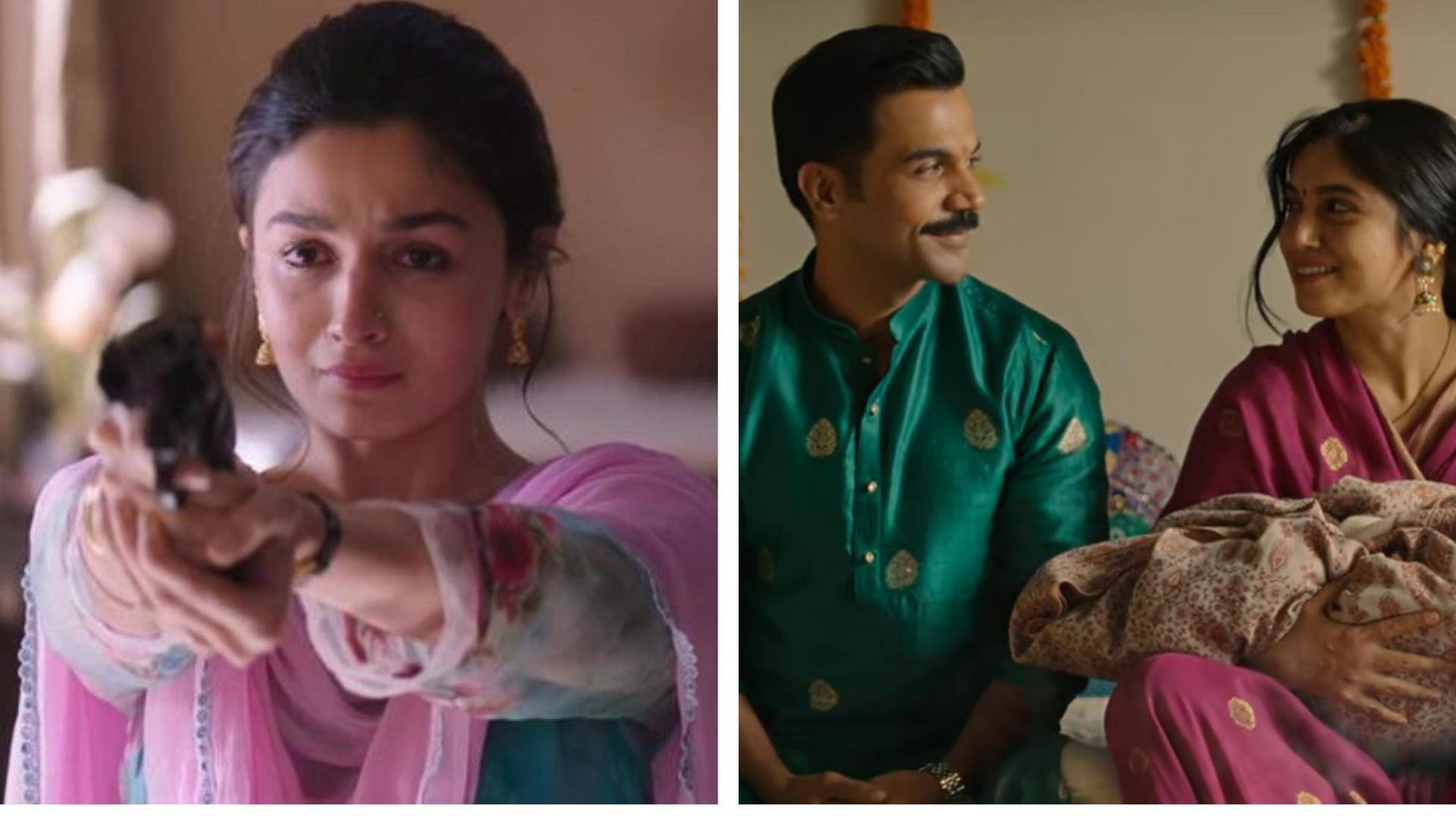
#NewsBytesExplainer: Understanding Bechdel test in films—meaning, origin, examples
What's the story
Female voices are of the utmost essence and warrant excellent representation in art mediums such as TV and cinema. While female actors have been working in movies for over a century, the roles they are reduced to don't often justify their immense talent, and in fact, subtly insult it. The Bechdel test, thus, becomes important since it gauges female representation in movies. Here's how.
Criteria
A film should meet three conditions to pass the test
A film passes the Bechdel test if it has at least two female characters in it who talk to each other about something other than a man. While the criteria sound simple on the surface, several movies fall awfully short. Movies that employ women only as sidekicks/love interests/manic pixie dream girls, and/or don't lend a character arc run the risk of failing the test.
Origin
The test first appeared in a 1985 comic strip
The test, considered a marker of female representation in films, was developed by Alison Bechdel, a cartoonist and graphic memoirist. It was reportedly popularized by her in a 1985 comic strip called Dykes to Watch Out For. Bechdel has credited her friend Liz Wallace and the feminist American writer Virginia Woolf as her inspirations behind this idea. It's also known as the Bechdel-Wallace test.
Hollywood examples
Here are the major Hollywood films that pass the test
While not all Hollywood movies can be expected to make the merit, there are several examples of flicks that do not disappoint on this front. Examples include Bend It Like Beckham, Children of Men, Frozen, Kill Bill, Ghost World, Hidden Figures, The Hunger Games, Goodfellas, American Pie 2, and Twilight, among others. Films like The Avengers and Gravity don't make it.
Bollywood examples
'Raazi,' 'Queen,' and other Hindi films that make the cut
While several Hindi films (and South Indian films even more) have gained notoriety for seldom carving strong characters for women and only using them for "flowerpot roles" or "item songs," things are thankfully now on the right path. Dramas like Meghna Gulzar's Raazi, Vikas Bahl's Queen, Alankrita Shrivastava's Lipstick Under My Burkha, and Harshavardhan Kulkarni's Badhaai Do reportedly pass the test.